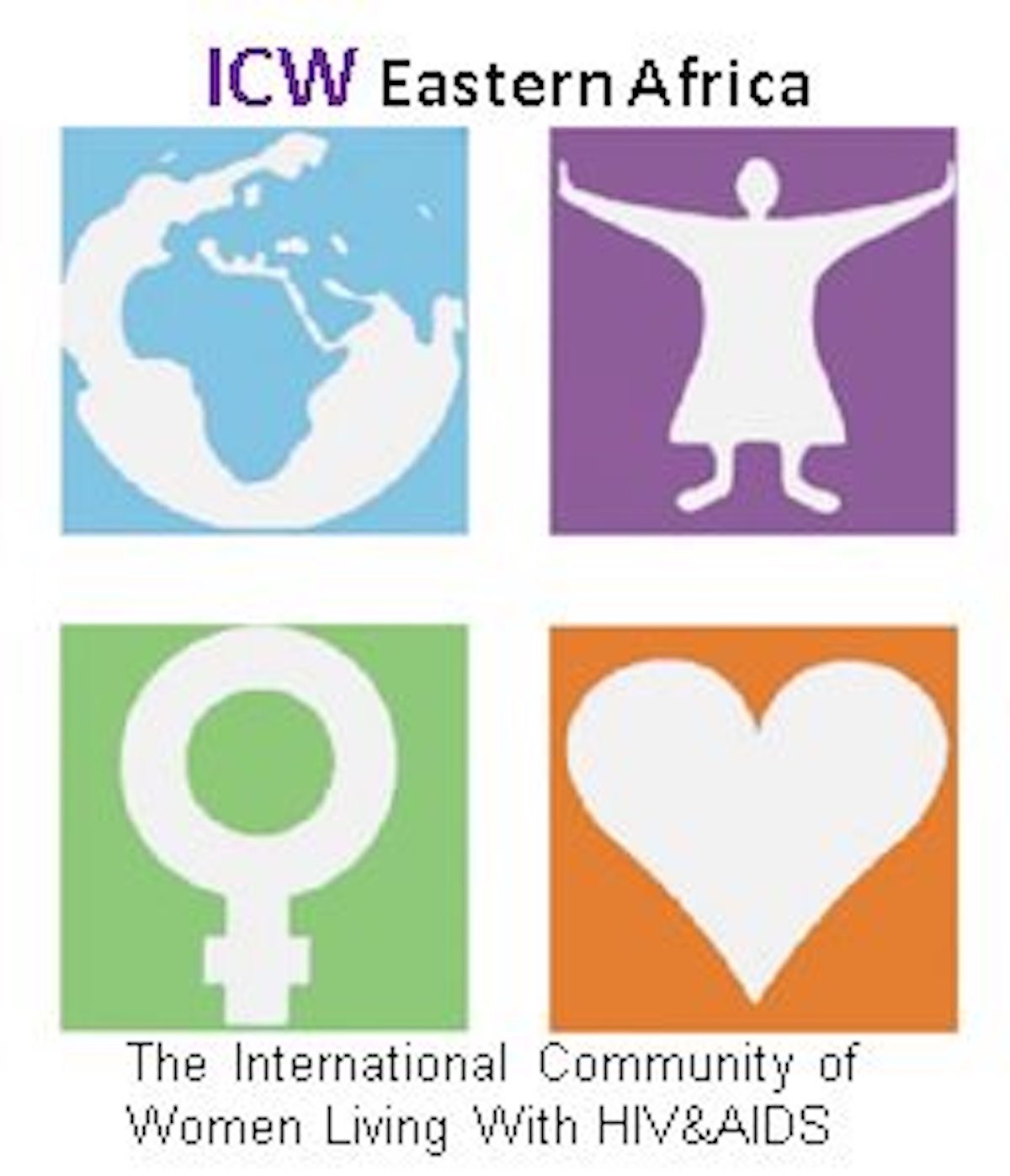International Community of Women Living with HIV consortium
The Consortium of Networks of Women Living with HIV is a global consortium of four networks funded by the Robert Carr Fund to advance the health and human rights of women living with HIV (WLHIV).
| Grantee type: Global Consortium |
| Grant: $1,920,000 |
| Grant period: 2019-2021 |
| Lead organization: International Communicty of Women Living with HIV Eastern Africa |
| Partner organizations: ICW West Africa (ICWWA) ICW Central Africa (ICWCA) ICW Southern Africa ICW North America (ICWNA) |
The four networks participating in this consortium are the legally registered regional advocacy networks of women living with HIV in Eastern Africa (ICWEA), West Africa (ICWWA), Central Africa (ICWCA), and North America (ICWNA).
- Worldwide, 19.6 million women and girls were living with HIV as of 2019. Women and girls accounted for over half of all people living with HIV in sub-Saharan Africa. Women and girls also account for over half of all new HIV infections in sub-Saharan Africa and approximately a third of all new HIV infections elsewhere in the world. Young women (10-24 years old) are twice as likely to acquire HIV as young men the same age.
- Gender inequality, discrimination, violence, limited access to education and a lack of tailored services limit women’s and girls’ access to health care services (including HIV and HIV related services) and fuel new infections.
- Adolescent girls and young women (AGYW) face disproportionate risks for HIV infection because they are not sufficiently empowered to negotiate safer sex, have limited access to comprehensive HIV prevention and treatment, and face persistent gender inequality and systematic human rights violations that include discrimination in employment and education and exposure to interpersonal and sexual violence among others.
- Organizing and advocacy by women living with HIV, their organizations and other like-minded organizations are central to efforts to improve human rights environments, improve HIV and HIV-related services accessibility and utilization, and improve efficiency and effectiveness of national and international funding for health and other human rights programs.

RCF funding 2019-2021
The Consortium of Networks of Women Living with HIV received US$ 1.92 million in funding from the Robert Carr Fund for work during 2019-2021. This funding was allocated to both core and strategic program costs to help build the capacity of each of the four networks – ICWEA, ICWWA, ICWCA, and ICWNA – and to support collective action globally. This is a continuation of steady RCF investments in networks of women living with HIV since 2013.
Geographic coverage
The Consortium of Networks of Women Living with HIV is a global consortium, convening and supporting organizations and individuals through four networks in Eastern Africa (ICWEA), West Africa (ICWWA), Central Africa (ICWCA), and North America (ICWNA).
Population coverage
The Consortium of Networks of Women Living with HIV focuses on the global empowerment, leadership, health and rights of women living with HIV.
Activities 2019-2021
With RCF funding in 2019-2021, each of the ICW partner networks will strengthen national and regional organizing, will advocate for human rights and legal protections, and will develop and implement campaigns for greater access to services.
- Each of the partner networks – ICWEA, ICWWA, ICWCA, and ICWNA – will sustain and develop network management and governance. Specifically, each network will hold General Assemblies that democratically elect the governing Boards; board members will be oriented and trained to have capacity and skills to perform their governance and oversight roles, including oversight of financial management.
- Each of the partner networks will also consult with women living with HIV in each country of their respective regions to assess advocacy priorities, develop regional advocacy plans, recruit and retain skilled policy and advocacy staffing, and present and discuss advocacy priorities at regional meetings such as at ICASA and African Union meetings and at national meetings such as those related to Global Fund and PEPFAR funding.
- Each of the partner networks will then support national and regional advocacy by women living with HIV, through production of issues papers and policy-statements, membership mobilization, provision of individual mentorship and skills building, engagement in dialogues with policy makers and health care providers, and support for legal action.
- As result of this work, women living with HIV in multiple countries will have capacity to advocate for their rights to health services, confront stigma, discrimination, coercion, violence and criminalization, and ensure a more effective response to the HIV epidemic.
Intended results 2019-2021
The intended results from this work during 2019-2021 will focus on network strength and influence, and specifically:
- Stronger capacity by regional networks of women living with HIV in Eastern Africa, West Africa and Central Africa;
- Increased coordination among those regional networks; and
- Support to national networks of women living with HIV in multiple African countries to assess advocacy needs and develop regional advocacy plans, and to advocate in their countries for health services and a more effective response to the HIV epidemic.